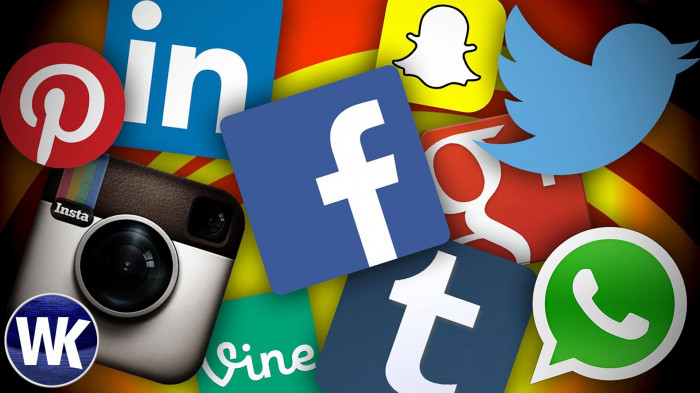DOES SOCIAL MEDIA AFFECTS MENTAL HEALTH?
Research has shown that prolonged use of social media can lead to a range of negative emotions, including anxiety, depression, and loneliness.
While it has its benefits, there is growing concern about the negative impact of social media on our mental health. Research has shown that prolonged use of social media can lead to a range of negative emotions, including anxiety, depression, and loneliness. The constant barrage of information and stimuli can also make it difficult to switch off and relax, leading to a sense of mental overload and burnout.
So it’s high time we explore the darker side of social media and examine the latest research on its impact on our mental well-being. It’s important to understand how social comparison on social media affects our mental health, as well as the impact of sleep disruption caused by the blue light emitted by screens.
Numerous studies have linked social media use with mental health problems such as depression, anxiety, and loneliness . One study found that heavy social media use was associated with increased feelings of social isolation , while another study found that people who spend more time on social media are more likely to experience symptoms of depression .
The constant barrage of curated images and perfect lives presented on social media can lead to unrealistic expectations and feelings of inadequacy, which can negatively impact our self-esteem and mental health . In addition, the fear of missing out (FOMO) can also lead to anxiety and stress, as users constantly compare themselves to others and feel pressured to keep up.
Social comparison theory suggests that we evaluate ourselves by comparing ourselves to others . On social media, this often means comparing our lives to the highlight reels of others, leading to feelings of envy and dissatisfaction with our own lives . This can be particularly damaging for young people, who are still developing their sense of self and are more likely to compare themselves to others.
In today’s digital age, social media has become an integral part of our lives, with millions of people using it on a daily basis to connect with others and share their experiences. While it has its advantages, there is growing concern about the negative impact of social media on our mental health, with studies suggesting that it can lead to feelings of anxiety, depression, and loneliness . One of the main reasons for this is the phenomenon of social comparison theory, which suggests that we evaluate ourselves by comparing ourselves to others . On social media, this often means comparing our lives to the highlight reels of others, which can lead to feelings of envy and dissatisfaction with our own lives.
Another way social media can impact our mental health is through its effects on sleep. The blue light emitted by electronic devices can disrupt the production of melatonin, a hormone that regulates sleep . This can lead to sleep problems such as insomnia, which is linked to numerous mental health problems, including depression and anxiety.
In addition, the constant stimulation of social media can make it difficult to wind down and relax before bed, further exacerbating sleep problems . A lack of quality sleep can impact our mood, cognitive function, and overall well-being.

